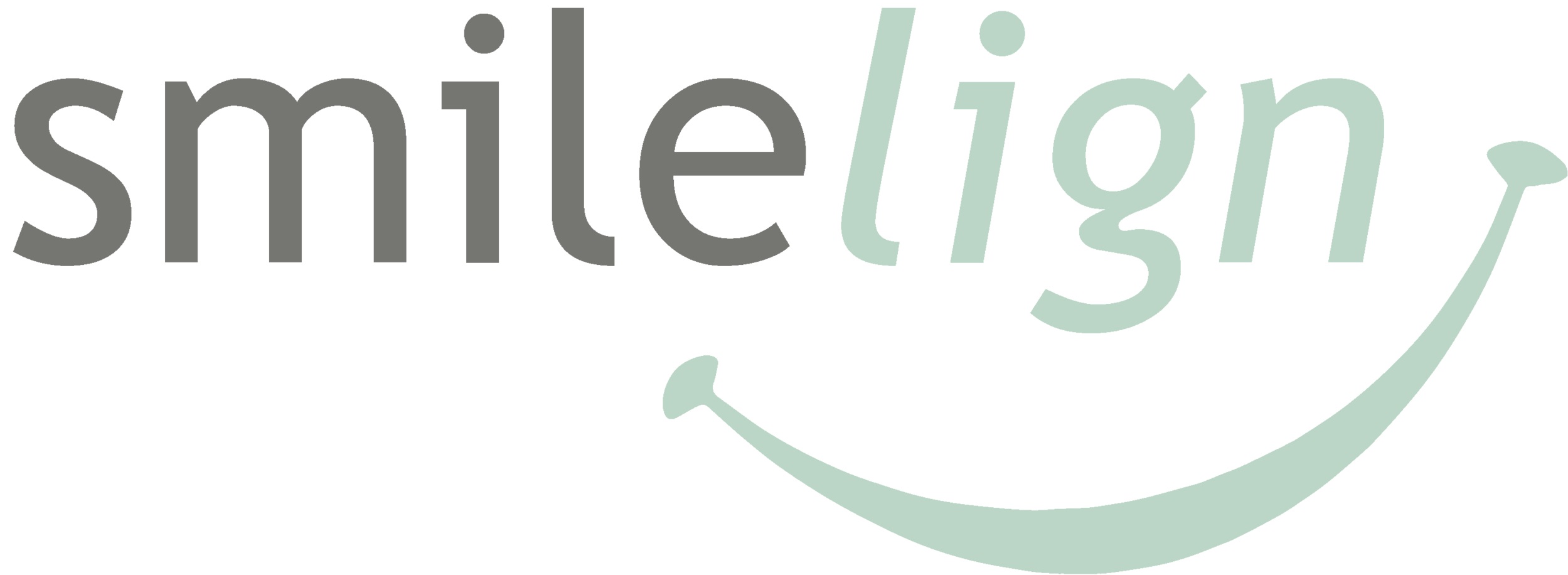How Do I Protect My Smile?
6 of the best ways to protect your smile
After spending both time and money perfecting your smile, it’s always a concern your teeth aren't going to stay as they are forever. With a plethora of advice out there on the big wide web, we know it can be hard to find the most effective solutions. Therefore, to give you the most accurate care, we wanted to highlight some of the simple, but extremely effective methods to follow to ensure you keep your smile in tip top shape.
1. Brush twice a day.
It goes without saying - brushing your teeth is the number one way to keep your oral hygiene in the best condition. Brushing both morning and night is so important, and for different reasons:
Morning brushing: Starting the day by brushing your teeth is imperative to remove the acid and bacteria that has built up in your mouth overnight. Additionally, it coats your enamel with a protective barrier, shielding your teeth from any acids in your morning meal. It also boosts your saliva production, steering clear of that dry morning mouth we all hate.
Night-time brushing: Although brushing in the morning is key, it's often overlooked that night-time brushing is more important. Throughout the day, the foods you’re eating are leaving particles and debris behind in your mouth. These particles feed bacteria, leading to tooth decay if left untreated. Meaning, brushing at night gives the bacteria less time to sit in your mouth, and therefore minimises impact on your oral health.
2. Don't brush too hard.
It’s often mistaken that the harder you brush, the brighter your smile will be. A common myth that has left us questioning how to brush for years - the simple answer is, it isn’t true.
A quick and easy way to see if you're brushing too hard is to check your toothbrush. If it’s worn down after fewer than 3 months, you're brushing too hard. If you attend regular dental check-ups, this may also be flagged up by your dentist..
Some other symptoms you may notice if you’re brushing too hard are:
Your gums are receding (a change in your gum line).
Your teeth are starting to feel more sensitive.
Your tooth near the gum line isn't as bright.
3. Master your technique.
When you’re cleaning your teeth it’s super important to master a ‘proper technique’. Some straightforward ways to find a better technique are listed below:
Using a soft bristled toothbrush.
Brushing your teeth at a 45-degree angle to your gums, allowing the bristles to clean underneath your gum line.
Gently moving the brush backwards and forwards. Electric toothbrush users, just let it do the work, guide it along your teeth but other than that it’s pretty much got you covered.
Lastly, slow down. Fill the two minutes by brushing for 30 seconds in each quadrant of your mouth.
4. Floss every day and Dentist trips
Flossing is vital for removing bacteria, plaque and food from between your teeth, reaching areas your toothbrush can't get to. By doing this daily you’re preventing the build-up of harmful bacteria, and therefore avoiding: red, inflamed or bleeding gums.
As well as flossing and brushing, it’s vital to make sure you have regular trips to your dentist (around twice a year). Dentists have the ability and equipment to remove tartar, hardened plaque, which is almost impossible for you to remove at home. Giving you a better clean than you can achieve with just your toothbrush..
5. Limit sugary food and drinks
It is well known sugar is bad for your teeth - but why?
Sugar attracts tiny bacteria, which encourages gum disease and gingivitis. Both of these diseases can destroy the protective tissues that hold your teeth in place, as well as recede your gum away from your teeth.
Furthermore, the bacteria found in the mouth feed on sugar, and hence create plaque in the mouth if not cleaned away properly and accurately. However, this doesn't mean you can never have sugar again, it just means ‘everything in moderation’ by making sweets an occasional indulgence rather than a daily snack.
6. Avoid smoking
When trying to keep the perfect smile, smoking may not be the best habit to fall into, due to the effects it has on your teeth being a little more severe. However, following the steps above you gives the best possible chance of avoiding the impacts.
Ways smoking affects your teeth:
Causes more dental plaque.
Causes gum disease to get worse much quicker than non-smokers.
Severe cases include tooth loss.

